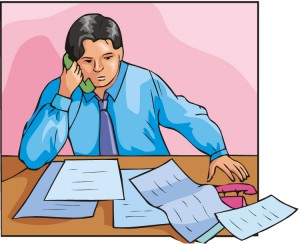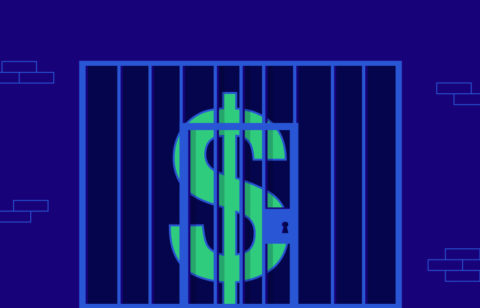If you are like most Americans today, you are probably swimming in credit card and other debt. In fact, the average household has at least three credit cards and a total credit card debt of more than $10,000.
If you are struggling to make your minimum payments while juggling your monthly mortgage or rent, utility bills, groceries and everything else, you may just want to throw up your hands and give up. However, walking away from your debts can cause all kinds of other problems that will haunt you for years. If you watch television at all these days, it may cross your mind that you could negotiate a debt settlement with your creditors and be done with the entire mess. However, do-it-yourself debt settlement is not nearly as easy as it sounds.
What is Debt Settlement?
Debt settlement has become more popular in recent years with the downturn in the economy. With so many people defaulting in their credit cards, it has become popular lore that you can call up your credit card company and negotiate a pay off and they will be happy to receive any sort of payment rather than nothing at all. While this may essentially be true, actually negotiating a settlement can be a Herculean task.
Debt settlement is the process of reaching an agreement with your creditors for a reasonable reduction in the amount you owe them. They may agree to a one-time lump sum payment, eliminating accumulated fees, reducing your interest rate or make other accommodations for you.
Do-It-Yourself Debt Settlement
Television programs make do-it-yourself debt settlement sound fairly easy. On the surface of it, all you do is make a telephone call or two and you can quickly reach a settlement agreement. The reality is far different.
Most first line customer service representatives do not have the authority to make decisions that lead to debt settlement. You will need to speak to a supervisor with decision-making authority. It may take you numerous, long calls to reach someone with that type of authority. Each time you call, ask for the name of the person you speak with and note anything they tell you. Also, note the date and the time you call. Request that the agent record your conversation on your account notes.

In many cases, creditors are reluctant to offer and accept debt settlement proposals from consumers. They may offer temporary hardship programs for you to participate in as an option. However, these programs rarely reduce your debt amount. Additionally, they are only temporary and may only provide you with a few months of reduced payments.
Debt Settlement Assistance
An alternative to a do-it-yourself debt settlement is to work with a professional credit counseling agency. Qualified credit counselors are specifically trained in debt settlement and have the negotiation skills to get access to real decision-makers, and they can find real and lasting financial relief on your behalf. Although you may not see instant results, it will probably far less time consuming and stressful than trying to negotiate a settlement on your own.
In many cases, professional debt settlement credit counselors are able to save you 50 percent on your outstanding debts. Once a counselor has negotiated a debt settlement agreement that works for you, you can then begin a debt consolidation program to pay off your remaining debt amount.
Debt Settlement and Consolidation
With a lowered remaining debt, then you will need to have a workable solution to paying off your creditors. Debt consolidation is the answer to this financial issue. The credit counseling agency will set up an account for you, and you will make regular monthly payments to this account. You submit one single payment each month and, in turn, they make payments to your creditors on your behalf. This arrangement allows you to manage your monthly budget more easily while making sure your payments are made every month, on time.
Debt Settlement and Your Credit Rate
The overall process of debt settlement and consolidation with a professional debt relief organization generally takes 24 to 48 months for most consumers to complete and in the end, your credit should improve and you will be debt free in the process. Unlike bankruptcy, your credit will recover in a matter of months as regular payments are made on your behalf. By contrast, bankruptcy stays on your credit record for up to a decade and can impact more than your ability to get credit. In today’s world, negative credit can raise insurance rates and even prevent you from getting desired employment.
You may be surprised at how easy it is to get back on the road to financial health when you have someone working for you in your corner. We charge no up-front fees, and you are only charged when we can show results for our efforts on your behalf. If you think you could benefit from someone else taking on the task of negotiating at debt settlement on your benefit, call us or fill out the form for a free debt analysis.





